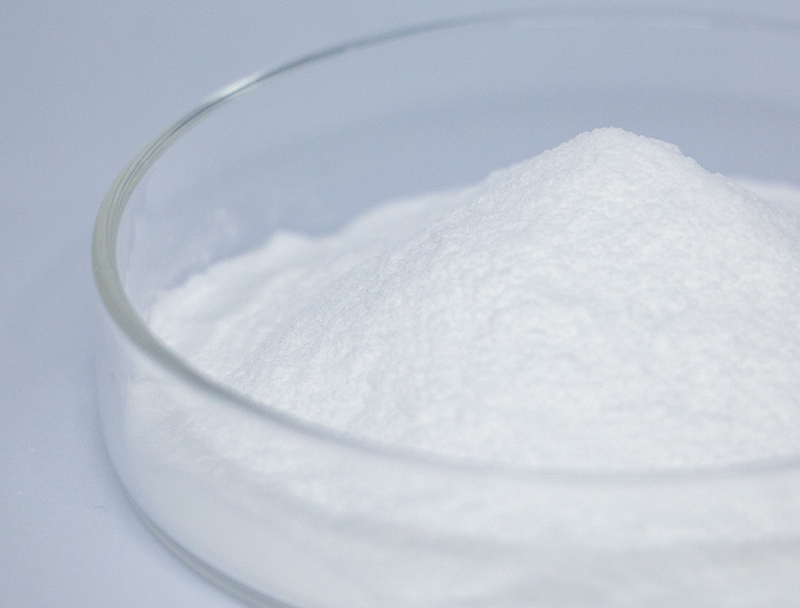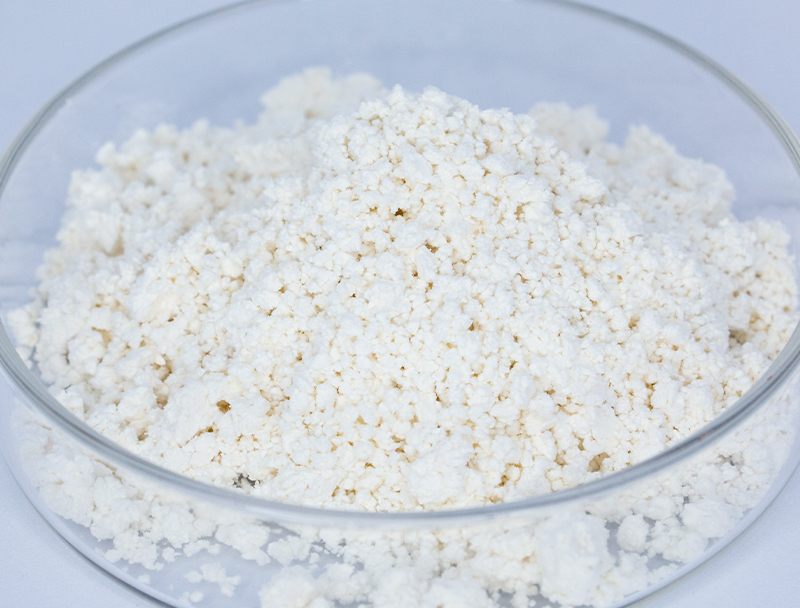
Modern biofabrication is grounded in a vast array of primary inputs to create novel bio-derived items.
Maintaining environmentally mindful sourcing is vital for future-proofing and moral progress in biomanufacturing.
several issues arising from typical material sourcing for example habitat harm and overextraction of resources. Accordingly, manufacturers should embrace green sourcing tactics to shrink their ecological impacts.
- Cases of responsible feedstock strategies feature:
- Using repurposed agricultural residues as substrates
- Applying zero-waste frameworks to limit waste and optimize resource use
- Aligning with domestic providers that adhere to transparent sourcing
The transition to greener sourcing offers both planet-friendly outcomes and business advantages.
Improving Biomass Inputs to Boost Biofuel Yields
Advancing fuel production depends on feedstock consistency and composition. Engineers continually develop approaches to improve biomass suitability, yielding greater biofuel outputs and greener energy prospects. Strategies feature genetic optimization to raise biomass yield plus pretreatment to depolymerize plant polymers into sugars.
- Furthermore, teams search for alternative biomass sources including algal strains, industrial wastes, and crop leftovers to broaden sustainable feedstock options for fuels.
- Via sustained research the industry stands ready to accomplish considerable improvements that enable a greener energy transition.
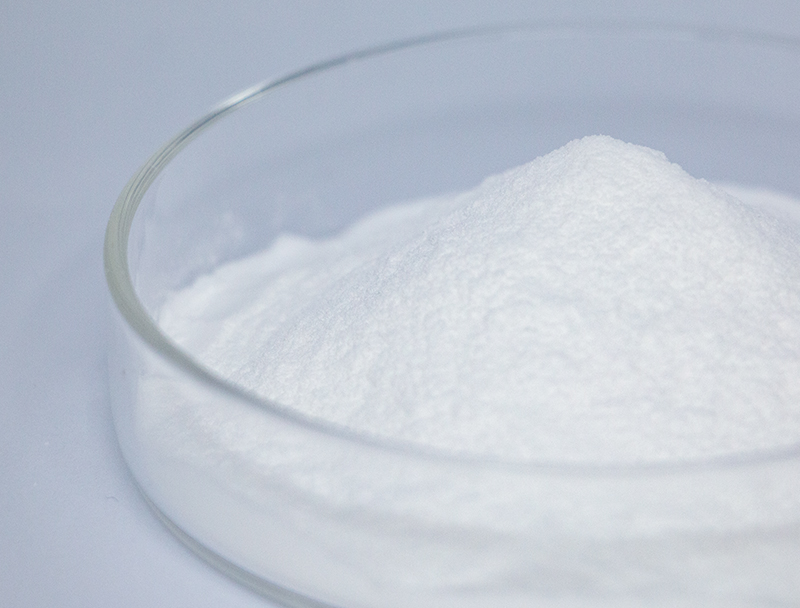
Optimizing Early-Stage Biomanufacturing Processes
comprises front-end procedures like culture expansion and cell retrieval Contemporary breakthroughs have refined protocols and elevated product throughput.
Key advancements include the utilization of novel cell lines, optimized culture media formulations, and intelligent bioreactor designs. The improvements increase output while decreasing cost structures and sustainability impacts.
- Moreover, continuous manufacturing adoption is enabling dynamic control and greater adaptability in upstream workflows.
- Transitioning to refined production methods has the potential to overhaul the industry and expedite new treatments.
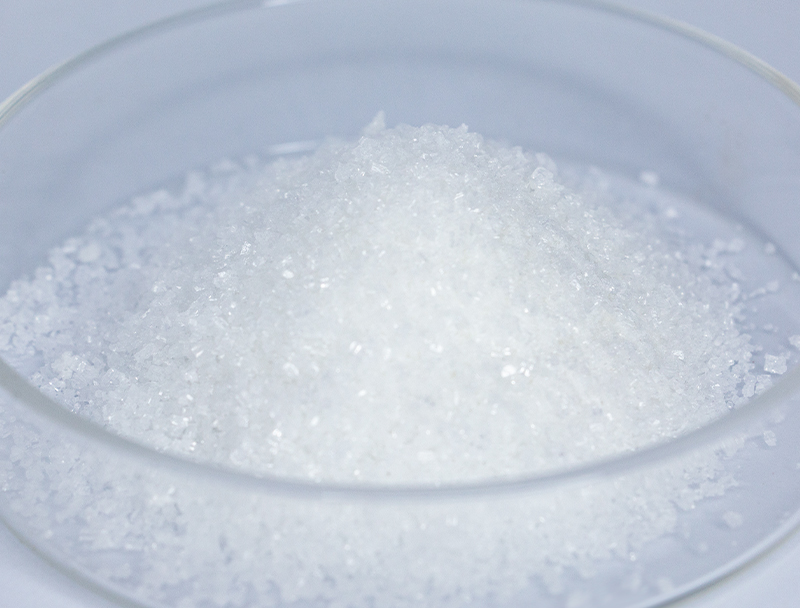
Precision Genomic Tools Enhancing Biopharmaceutical Yields
innovations in genome-editing toolsets have enhanced biopharmaceutical manufacturing. Through focused genomic edits within host strains, scientists increase expression of desired therapeutic proteins. This route supports the creation of more affordable and productive treatments for multiple disorders.
Applying Microbial Tools to Improve Environmental Remediation
progressive microbe-based cleanup tactics that mitigate industrial pollution. Selected microbial cultures can remediate contaminants through biodegradation pathways.. Leveraging microbial biotransformation promotes sustainable remediation that curbs industrial environmental impacts.. Research teams analyze microbial diversity to find candidates that metabolize heavy metals, break down pesticides, and treat oil-contaminated matrices.. These microorganisms can be employed in bioreactors or directly at contaminated sites, promoting the breakdown of pollutants through biodegradation processes..
Microbial-based approaches to remediation bring considerable advantages over traditional solutions. Such strategies are budget-friendly and lessen the creation of harmful byproducts. Furthermore, microbial solutions are highly specific, allowing for the remediation of particular pollutants without disrupting the broader ecosystem. Ongoing innovation aims to boost the throughput and efficacy of microbe-driven remediation approaches.
Leveraging Bioinformatics for Novel Therapeutics
Informatics platforms are essential to current drug discovery and development pipelines. From target discovery through candidate optimization, bioinformatics facilitates streamlined, hypothesis-guided workflows.
- With analysis of broad omics and clinical datasets, bioinformatic experts identify targets and model drug effects.
- Also, in silico modeling of molecular interactions accelerates optimization toward more selective therapeutics.
- In the end, informatics-driven methods streamline development and accelerate delivery of therapeutic solutions to patients.
Synthetic Biology Routes for Elevated Bioproduct Synthesis
utilizes multiple approaches to enhance production of desirable bioproducts in cells. Strategies involve pathway refactoring by genetic modification, expression modulation for balanced flux, and grafting of novel genes to add capacity.. By fine-tuning these processes, engineers can significantly increase the yield of desired bioproducts.
The multifaceted strategy promises to reshape sectors like biotech, agritech, and renewable fuel industries.
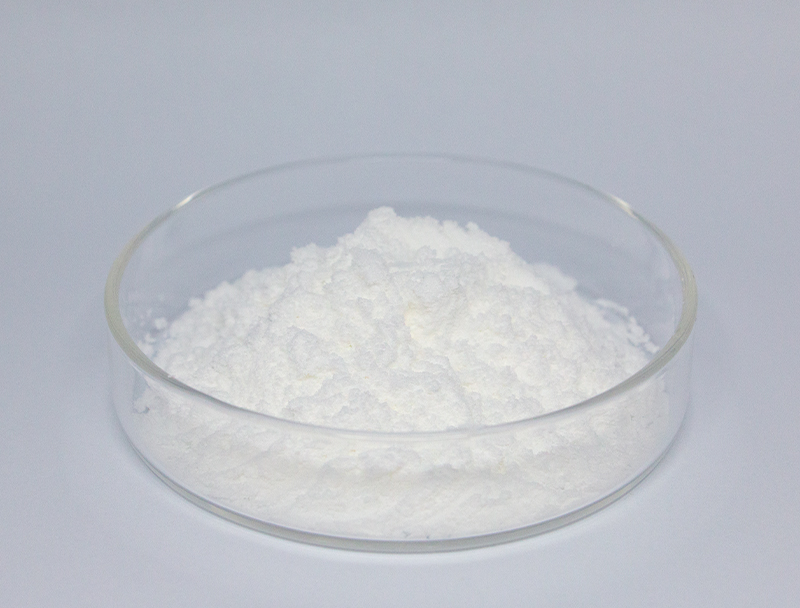
Industrializing Biopharmaceuticals: Risks and Rewards
Transitioning to higher volumes entails serious complications and potential rewards. A primary obstacle is ensuring uniform quality control as volumes rise. Managing it necessitates robust automation, high-fidelity monitoring, and powerful analytical capabilities.

Additional complexity arises because biopharma 4-Aminobutyric acid production entails many coordinated stages.. Reengineering workflows for mass production involves rigorous R&D and inventive technology deployment.. However, the prospective rewards are sizable. Efficient scale-up can amplify access to medicines, compress costs, and strengthen returns.
Challenges are being addressed through a number of initiatives. Plans feature next-gen optimization hardware, sophisticated real-time analytics, and forward-looking production strategies.
- Technology development efforts underpin advances in production capability.
- Regulators are reforming approval systems to facilitate adoption of advanced manufacturing and nurture innovation.
Regulatory Strategies for Biopharma Compliance and Patient Protection
Producing biopharmaceuticals demands comprehensive oversight to guarantee safety and clinical effectiveness. Biologic therapeutics bring unique regulatory and manufacturing demands unlike traditional pharmaceuticals.
Bodies like FDA and EMA shape the regulatory landscape and set benchmarks for evaluating innovative therapies..
Robust assay and safety testing are obligatory from discovery through post-marketing surveillance.. The protocols serve to uncover safety concerns and certify that products fulfill rigorous protection standards..
Likewise, authorities progressively modify regulatory tactics to follow the speed of innovation in biopharma.. Efforts comprise integrating cutting-edge tools and easing development pathways while upholding patient safety.
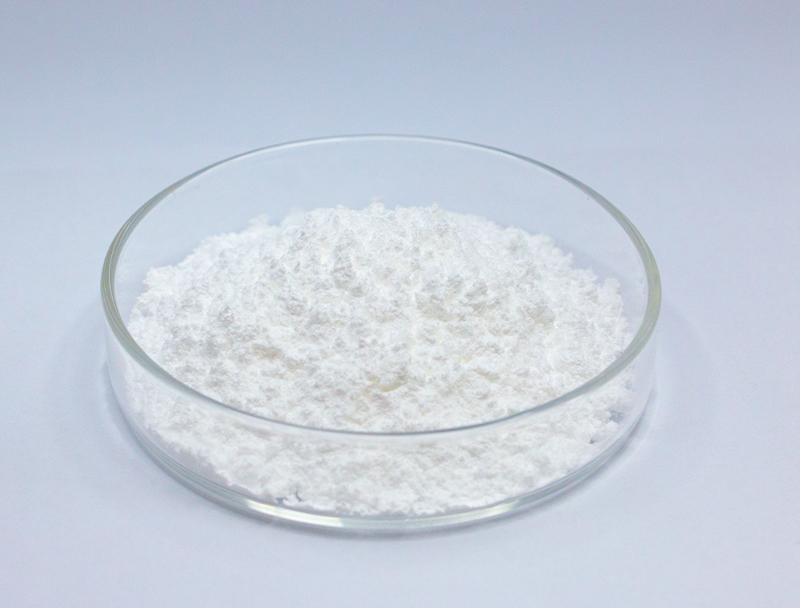
Exploring the Potential of Plant-Based Biomass Feedstocks in Bioplastics
Growing emphasis on eco-conscious materials catalyzes research into plant-based options. Bioplastics produced from plant biomass form a compelling option for lowering environmental footprint. Renewable inputs including cornstarch, cellulosic matter, and sugarcane biomass can be processed into biodegradable plastics that minimize long-term pollution.
Furthermore, these bioplastics often possess comparable properties to their petroleum-based counterparts, making them suitable for a wide range of applications.. Ongoing R&D is essential to scale plant-based bioplastics and realize circular economic benefits.
Biotech Innovations Addressing Health and Food Challenges
Biotechnology equips researchers with methods to tackle health crises and bolster food availability. Through advancements in genetic engineering, synthetic biology, and cell therapies, biotechnologists are developing innovative solutions to combat infectious diseases, improve crop yields, and enhance nutritional value.. As an example, crop genetic improvements for pest and stress resistance help boost production and cut dependence on chemical pesticides.. Furthermore, biotechnology supports creation of vaccines, therapeutic agents, and advanced diagnostics that strengthen responses to infectious threats and enhance health outcomes.. Looking forward, continued biotech progress promises to deliver therapies and agricultural solutions that support health and sustainability worldwide.
